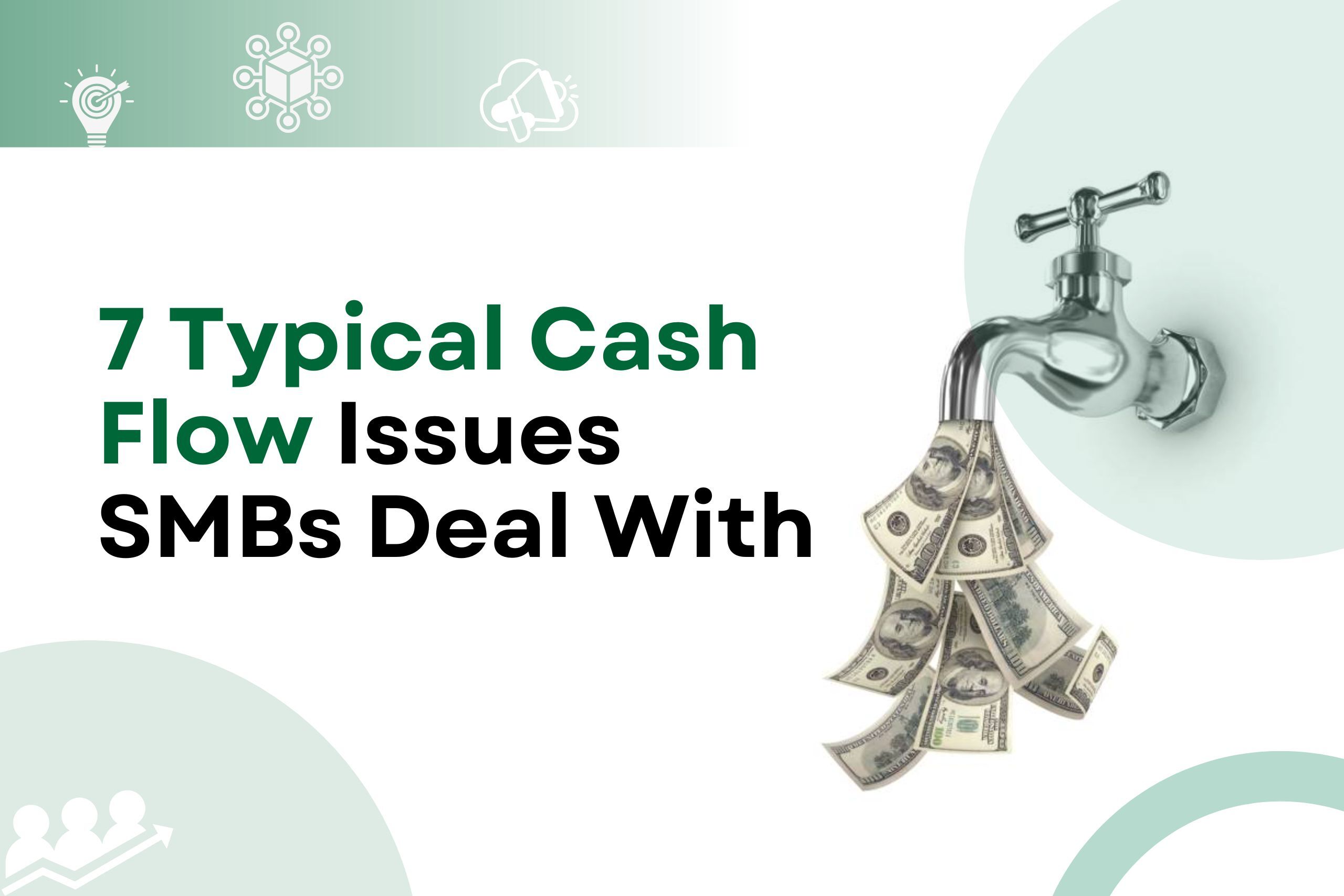Maintaining a healthy cash flow is vital for any business, especially when dealing with supplier credit. Supplier credit, essentially extending payment terms to suppliers, offers short-term financing but carries inherent risks. This is where factoring companies, and specifically, payment assurance agreements, step in to provide crucial support.
Understanding Supplier Credit:
Supplier credit involves delaying payments to your suppliers, allowing you to use that capital for other essential business needs. This can be incredibly beneficial, allowing for increased purchasing power and better management of working capital. However, it also introduces risk:
- Late Payment Penalties: Failing to meet payment deadlines can result in penalties, damaging your relationship with the supplier and impacting future credit terms.
- Damaged Supplier Relationships: Consistent late payments can strain your relationship with suppliers, potentially leading to them refusing future credit or demanding cash upfront.
- Cash Flow Constraints: A sudden unexpected expense or a slump in sales can severely impact your ability to pay suppliers on time.
Payment Assurance Agreements: A Factoring Solution:
This is where a factoring company offering payment assurance agreements comes in. These agreements provide a safety net, ensuring timely payments to your suppliers, even if you encounter temporary cash flow issues. Here’s how it works:
- Invoice Factoring: You invoice your customer as usual.
- Payment Assurance: You forward your invoices to the factoring company. They review the invoices and assess creditworthiness.
- Advance Payment: The factoring company provides you with an advance payment (typically 70-90% of the invoice value) immediately, alleviating your immediate cash flow pressures.
- Payment to Supplier: The factoring company pays your supplier directly upon receipt of your invoice, assuring them of timely payment regardless of your customer’s payment timeline.
- Remaining Payment: Once your customer pays the factoring company, you receive the remaining balance (less the factoring fees).
Benefits of Using a Factoring Company for Payment Assurance:
- Improved Supplier Relationships: Timely payments foster strong and reliable supplier relationships, ensuring access to vital goods and services.
- Enhanced Creditworthiness: Demonstrating consistent on-time payments to suppliers improves your creditworthiness, opening doors to better financing options in the future.
- Predictable Cash Flow: Factoring provides a predictable stream of incoming cash, allowing for better budgeting and financial planning.
- Reduced Risk: It eliminates the risk of late payment penalties and damaged supplier relationships.
- Access to Capital: The advance payment received significantly improves working capital.
Choosing a Factoring Company:
It’s vital to choose a reputable factoring company with a proven track record. Consider the following factors:
- Fees and Charges: Carefully review all fees and charges associated with factoring.
- Advance Rates: Compare advance rates offered by different factoring companies.
- Customer Service: Select a company known for excellent customer service and responsiveness.
- Industry Experience: Look for a company with experience in your specific industry.
Conclusion:
Supplier credit can be a valuable tool for managing working capital. However, without proper risk management, it can lead to significant financial challenges. Payment assurance agreements offered by factoring companies provide a reliable solution, bridging the gap between the need for supplier credit and the risks associated with it. By securing timely payments to your suppliers, you can maintain strong relationships, improve your creditworthiness, and optimize your cash flow.




